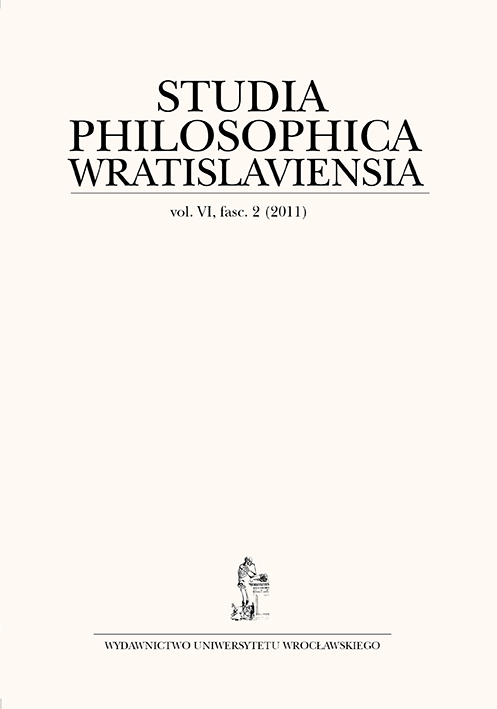

Artykuły

Response to my advocates-critics
In the comments of my adversaries I have discovered the thesis that I do not intend to continue performing philosophy of science but to conduct the scientific research on science. Despite the fact that there exists ‘scientifi cology’, for the past decades the Social Studies of Science and Technology have developed grossly, we still feel like at the beginning of the road that we need to find the answer to what science actually is, what you actually do when practicing it, what social or intellectual norms determine that the specific work is or is not scientific, what is favorable to development of science and what is harmful to it, and so on. It should be stressed when talking about science — we are encountering something totally unique in the whole human history. And despite what the supporters of postmodern sociology of science so often claim — the argument on criteria of science cannot be treated as something that can be socially negotiable. There is only one scientific method, despite time and place. In the 17th century the science and producers’ class have reached an agreement, and based on this agreement the practical use of results of scientific research began. Such cooperation resulted in higher success on the market of science supporters than their ‘non-scientific’ opponents. The objections posed to my lecture, that I omitted the ethical reflection in the application of science, can be easily explained — that indeed the ethicists have not contributed much to this field. If I were to express my opinion on what should be done, I would say that the effects of science must be popularized. We live in the society whose existence, not to mention the everyday pleasures, depends more and more on practical use of scientific knowledge. However, not many people know and understand the scientific theories. This is why they cannot participate in the social debate on usage of science in social life. There are certain groups which are interested in keeping the society in ignorance and immaturity, so that they can manipulate people by providing them ‘good advice’. Bogdan Balicki formulates a similar accusation that the science itself is axiologically involved, and only pretends to be axiologically neutral. It is a fact that since the very beginning those who we consider to be scientists, such as Galileo or Archimedes, were very close to technology, therefore they strove to control nature. And the control of nature exposes us to temptation and promotes the consuming style of life. And finally — democracy supports the development of science and vice versa: the more science develops, the stronger the aspiration for freedom and equality.